Prime Minister Narendra Modi emphasized the need for global institutions to develop a unified framework for digital technologies, particularly in areas like artificial intelligence (AI) ethics and data privacy. He called for a common set of guidelines that will respect the diversity of nations while addressing key global challenges in the digital realm.
Speaking at the International Telecommunication Union’s World Telecommunication Standardisation Assembly (ITU-WTSA) and the India Mobile Congress (IMC), PM Modi stated, “The time has come for the global community to establish a framework for digital technologies. This framework must define clear dos and don’ts. Digital platforms transcend national borders, and no country can independently protect its citizens from cyber threats. We must work together.”
Drawing a parallel with the aviation sector, where a global framework exists for safety, the Prime Minister called for a similar approach in the digital world. He highlighted the importance of Ethical AI and data privacy standards that cater to global needs while respecting national diversity.
India’s Role in the Digital Revolution
With over 120 crore mobile phone users, 95 crore internet users, and accounting for more than 40% of global real-time digital transactions, India’s digital landscape is crucial to the global economy. PM Modi pointed out the significance of hosting both WTSA and IMC simultaneously, stating, “WTSA focuses on creating global standards, while IMC emphasizes services. This alignment brings standards and services together on the same stage.”
India’s mobile and telecom journey, PM Modi noted, is a global model. While the world viewed telecom as merely a service, India recognized it as a means of equity and opportunity, bridging gaps between cities and villages, and between the rich and the poor.
Four Pillars of India’s Digital Vision
PM Modi outlined four key pillars of India’s Digital India programme:
- Affordable Devices for all citizens.
- Universal Digital Connectivity reaching every corner of India.
- Accessible Data for everyone.
- A Digital-First Approach in all aspects of governance and service delivery.
He also highlighted the significant strides India has made in mobile manufacturing. “In 2014, India had just two mobile manufacturing units. Today, there are over 200,” the PM said. The country now manufactures six times more phones than before and is actively involved in exports.
PM Modi further expressed India’s vision to create completely made-in-India phones, from chips to finished products, underscoring the nation’s push for self-reliance in digital technology manufacturing.
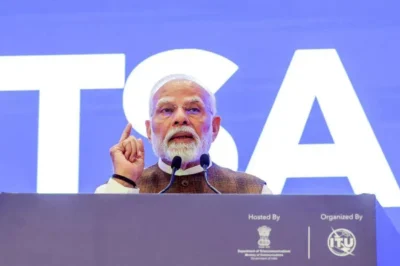





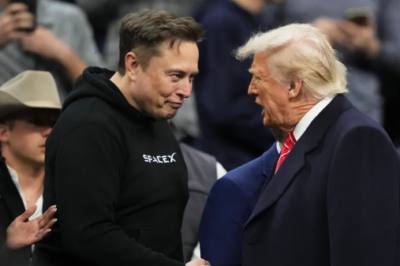
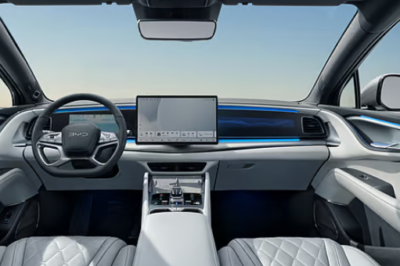


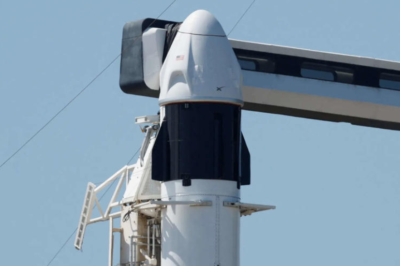
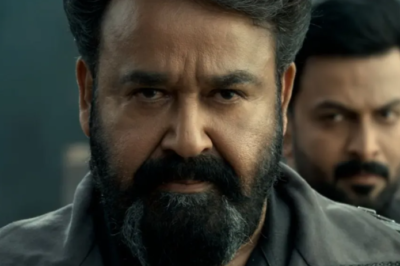


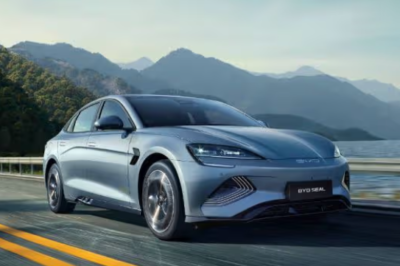
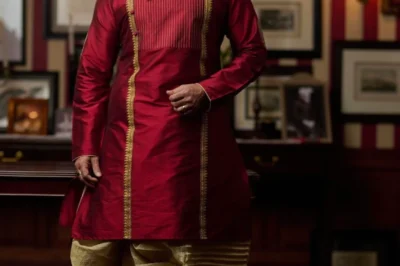


























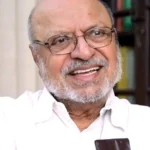

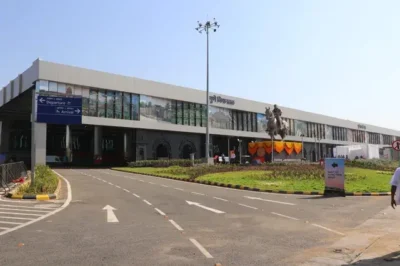




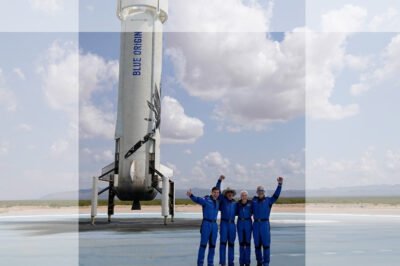


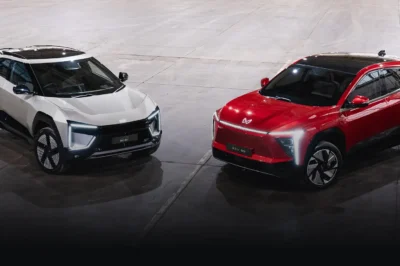
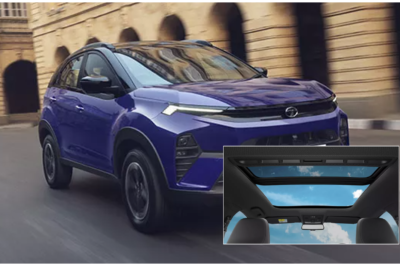
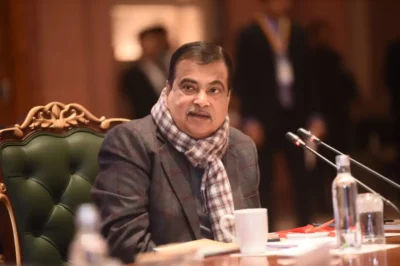

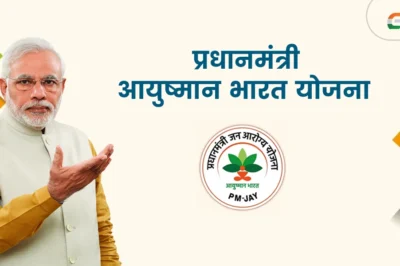

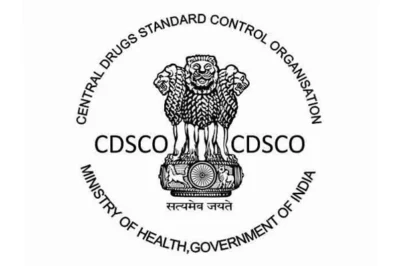

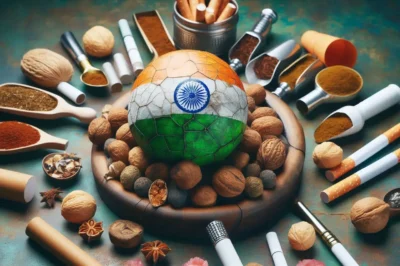


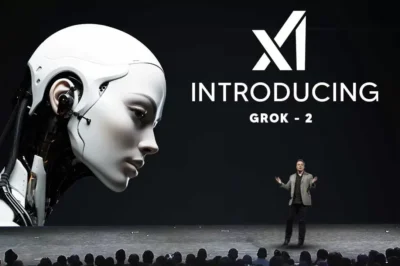


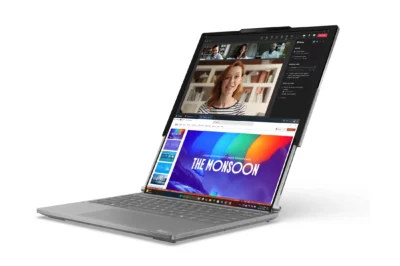




Leave a Reply